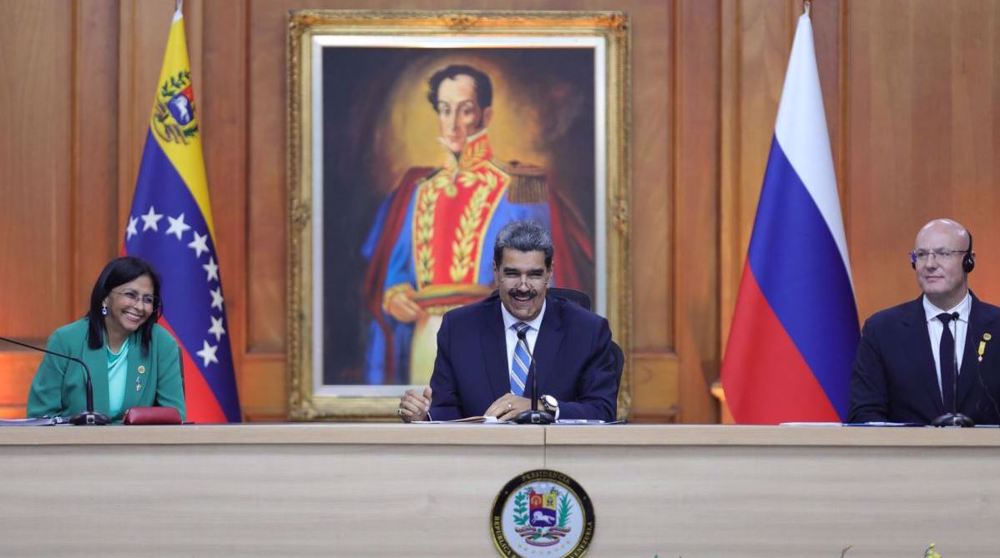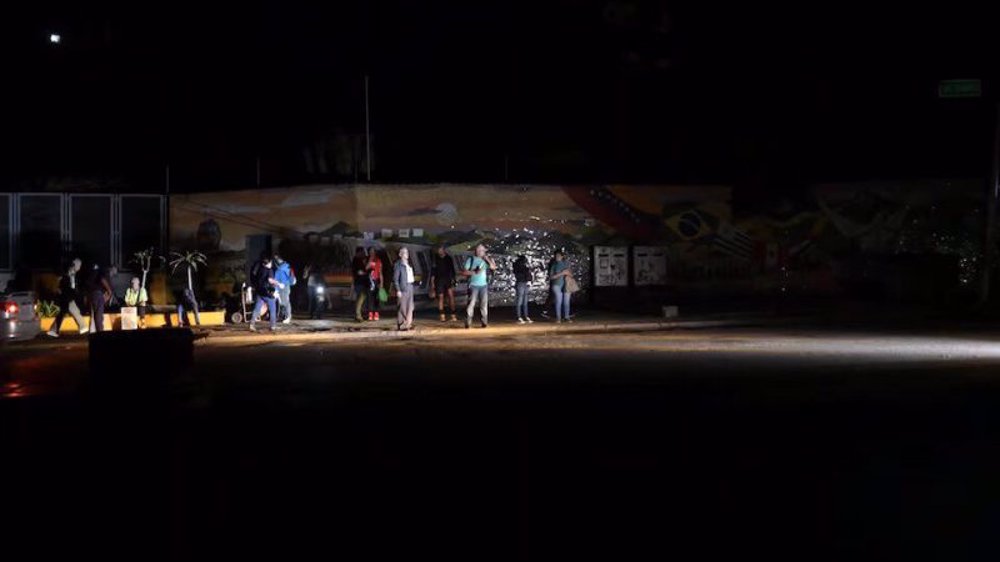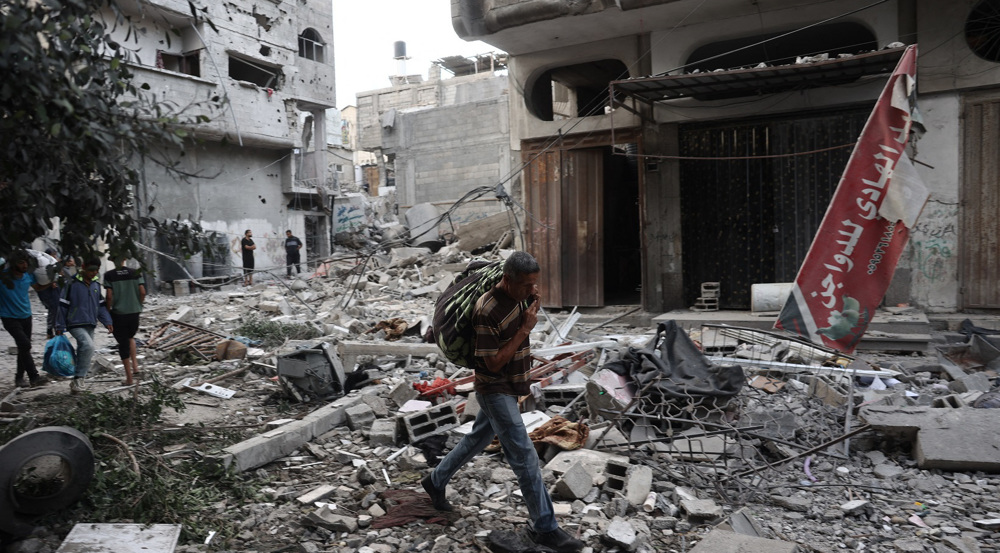Venezuela denounces Trump’s planned crisis talks as ‘rival dialog’
Caracas has censured as “rival dialog” US President Donald Trump’s planned talks with Latin American leaders on the political crisis in Venezuela, days after the government and opposition resumed reconciliation negotiations.
“You have nothing to evaluate President Trump ... evaluate your internal problems,” Venezuelan Foreign Minister Jorge Arreaza said on Friday, after the White House had announced plans for a “working dinner” on September 18 that will convene several Latin American leaders in New York to discuss the political and economic crisis in Venezuela.
Arreaza also took a swipe at Trump for his threat of a military option in Venezuela last month, saying, “Anyone who dares to attack Venezuela will suffer the consequences.”
During the meeting scheduled for Monday, Trump is expected to “discuss the crisis in Venezuela, as well as the strong economic ties and extraordinary success of like-minded Latin American nations in recent decades,” US National Security Advisor H.R. McMaster told journalists.
The White House declined to elaborate on the meeting’s agenda or to name who exactly would attend the talks on the sidelines of the United Nations General Assembly.
Venezuelan President Nicolas Maduro has announced that he will not attend the gathering of world leaders at the UN and will instead send his foreign minister to represent the South American country.
Washington’s announcement comes as Caracas and the opposition held two days of exploratory talks in the Dominican Republic last week, brokered by the former Spanish Prime Minister Jose Luis Zapatero and the Dominican President Danilo Medina.

The two sides agreed to a commission of “friendly countries,” including Mexico, Chile, Bolivia and Nicaragua, which are tasked with assisting the negotiations aimed at resolving the conflict that has fueled months of deadly protests in Venezuela.
The next round of talks will be held in Santo Domingo, the Dominican capital, on September 27.
Previous talks between the Venezuelan government and opposition, which had been led by Zapatero and backed by the Vatican, had failed to bear any results in 2016.
The oil-rich but impoverished country has been convulsed by months of deadly protests against the government in Caracas.
The political tension rose after Caracas announced plans to establish the Constituent Assembly to take over the opposition-controlled parliament and rewrite the constitution. The opposition saw the move as an overt attempt by Maduro to accumulate power.
The unrest, which first broke out in April, has so far led to the death of at least 120 people from the two sides.
The United States imposed fresh sanctions against Caracas last month. Trump signed an executive order on August 25 that prohibits dealings with Venezuela, a measure taken to halt financing what the White House calls Maduro’s “dictatorship.”
Maduro described the move as illegal and designed to “asphyxiate” the Venezuelan economy and push the oil-rich nation into default. He also says the United States and its allies in the region are fomenting instability to bring down his government.
Hezbollah attacks Israeli forces after Lebanese homes blown up
World leaders, states hail ICC arrest warrants for Netanyahu, Gallant
MP: US accountable for possible Israeli 'foolishness' to attack Iraq
VIDEO | Israeli policies strangle Palestinian agriculture, economy
Iran's president offers condolences to Pakistan over terrorist attack
Canada’s Yukon town council at standstill over refusing oath to King Charles
Yemen's Houthi calls for jihad to protect Palestine against Israel
VIDEO | Internal rifts within Israel










 This makes it easy to access the Press TV website
This makes it easy to access the Press TV website